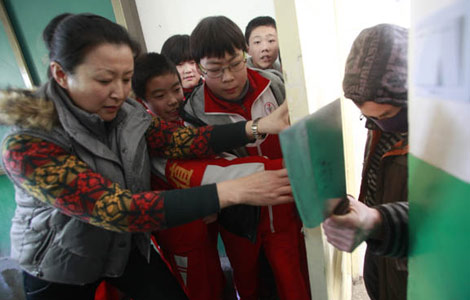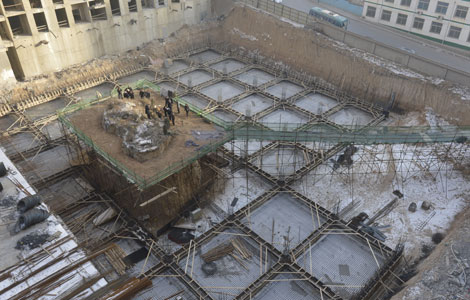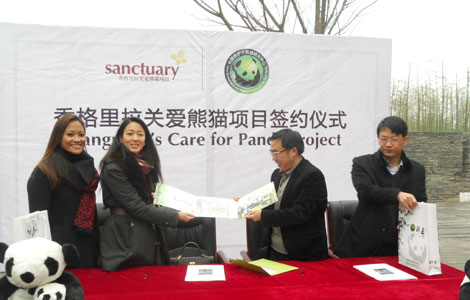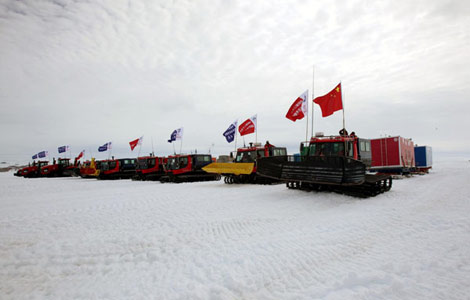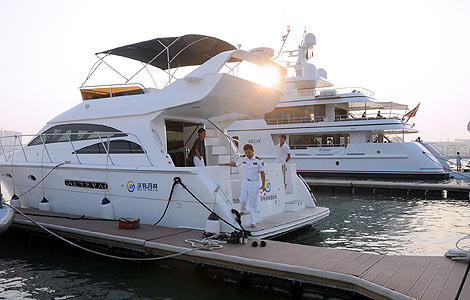
A1
Despite the slowdown, China's economic performance this year is still satisfactory, given the global recession and compared with other emerging markets.
|
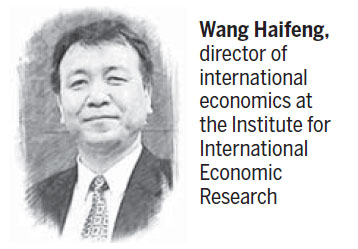 |
The country's fiscal and monetary policies this year were appropriate, showing the government's good assessment of the international situation.
The country's GDP growth this year, I estimate, may be in the range of 7.5 to 7.8 percent. The economy bottomed out in the third quarter and stabilized in the fourth quarter, but it is still hard for the economy to rise above 8 percent for 2012.
Looking forward, the global economy still needs five to six years to completely shrug off the recession.
A2
I don't think the new leadership will roll out a large-scale economic stimulus package next year. In fact, there is little room for them to maneuver with fiscal and monetary policies, but they can do more with the social welfare system by building more kindergartens, schools and hospitals.
Meanwhile, the government has approved a number of mass transit rail projects this year, which will help to boost investment in the coming two to three years.
A3
The economy for 2013 should improve a bit, with a GDP growth probably ranging around 7.5 percent to 8 percent.
Considering the leadership transition next year, steady development should be a primary concern for the central government. They may first promote reform in social security and income distribution.
If GDP growth does not exceed 8 percent, it is not difficult to keep the CPI between 2 to 3 percent, as China's CPI pressure is mainly decided by the country's monetary policy.
Consumption growth next year will be around 13 to 15 percent, almost the same as this year.
A4
Urbanization will be the key driver for China's economic growth in the coming decade. I would suggest an urbanization model centered on the second- and third-tier cities instead of super-big cities. Given the imbalances in such a huge country, it could be a down-up model initiated by provincial governments based on their own experiences. The process mainly stimulates real-estate-related investment.
A5
The European Union and Japan may still face a sluggish economy next year, while the US economy will see a slow expansion. Deflation, instead of inflation, is one of their major economic concerns.
Emerging economies, which face very similar challenges to China, will see a slowdown in their GDP growth.
All that means China's imports and exports are not likely to improve much next year.

